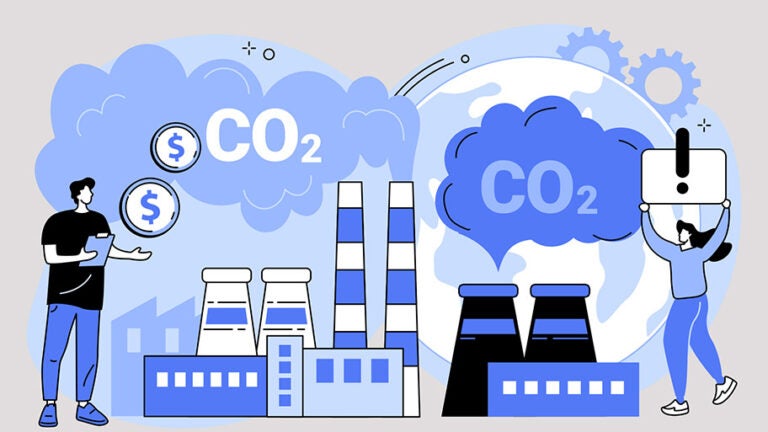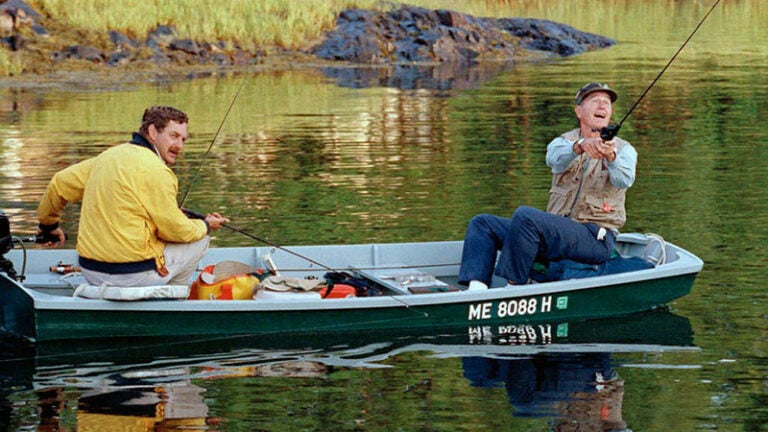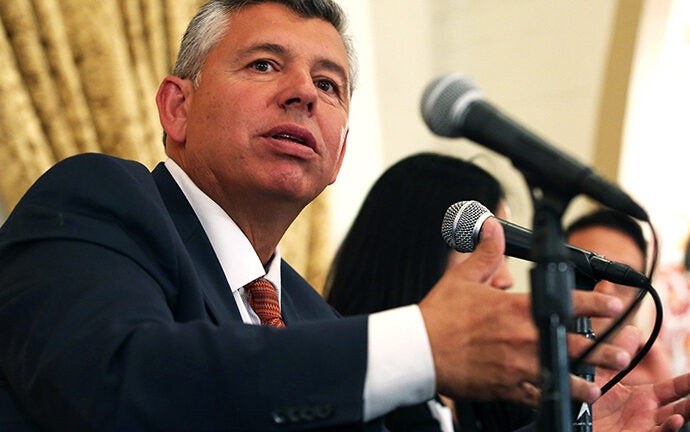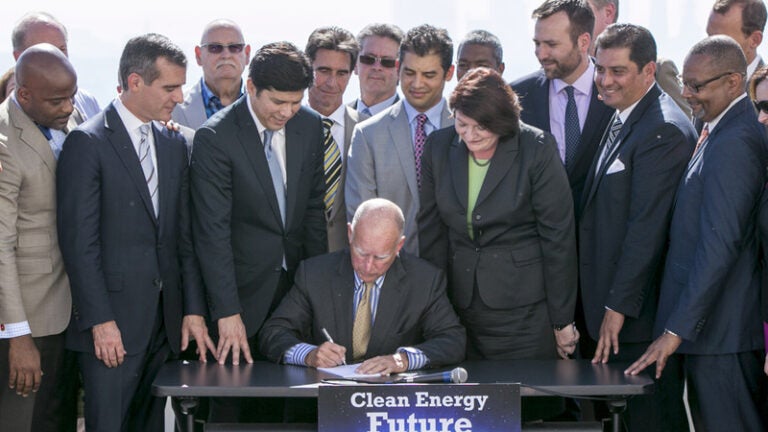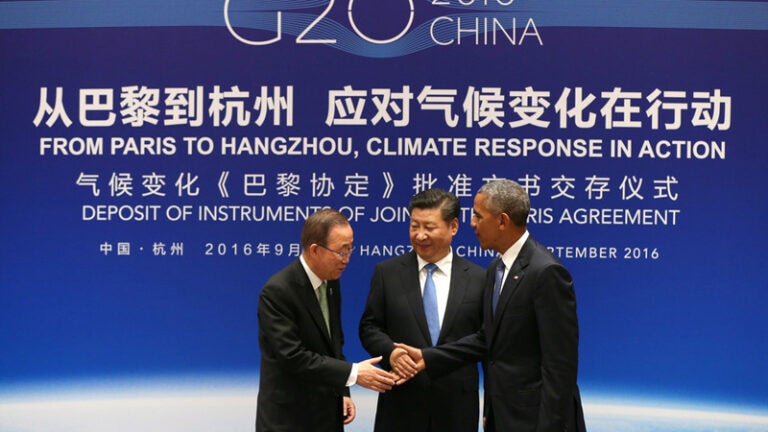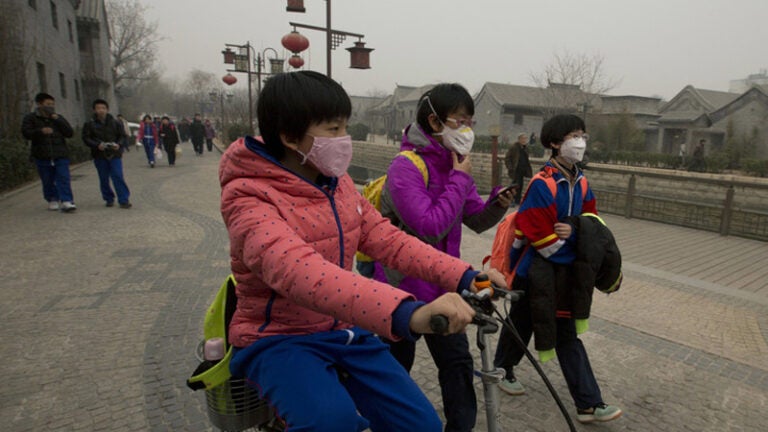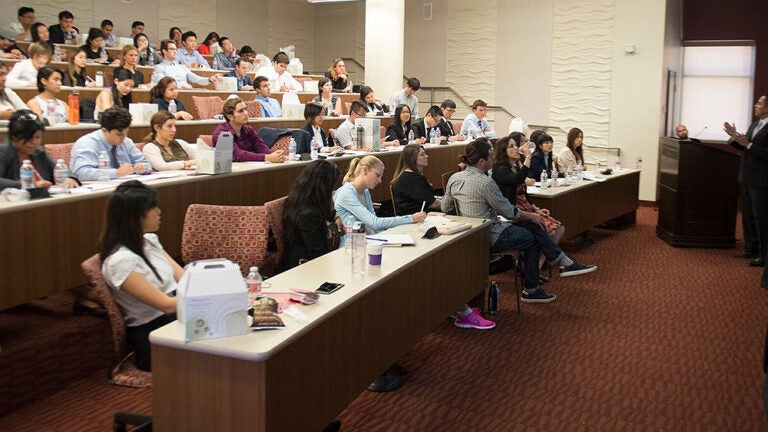USC President Beong-Soo Kim describes the astrophysicist as “the perfect person to steer Dornsife into the future.”
News Stories
Human behaviors often shift in response to factors such as changes in public policy and the arrival of new technologies. These changes are hard to predict, and they affect tomorrow’s costs. [5½ min read]
The USC Dornsife professor explains how market capitalism will help us adapt to the growing challenges unleashed by a warming planet. [5¼ min read]
Scientists and researchers discuss how humanity will respond to climate change in light of the 26th United Nations Climate Conference and weeks of negotiations. [3¾ min read]
George H.W. Bush, who pledged to be 'the environmental president,' took a market-based approach to pollution control that helped clear the air. That method could work on climate change, writes Matthew Kahn of economics in The Conversation. [5 1/2 min read]
In the first of two articles on President Donald Trump’s first 100 days in office, a panel of experts hosted by USC Dornsife’s Department of Political Science and Jesse M. Unruh Institute of Politics discuss his record at home.
California has set ambitious goals for cutting carbon emissions and shifting to a clean energy economy. How will this strategy affect the state's huge economy? Matthew Kahn weighs the evidence.
China has the world's second-largest economy, powered by cheap labor and cheap fossil fuel. Now that Chinese urbanites want greener, healthier lifestyles can the government deliver them?
The first collaboration of its kind at USC Dornsife, the Economics Career Boot Camp brings together students, staff, alumni and other industry professionals for a day of speakers and individualized workshops.
- 1
- 2


